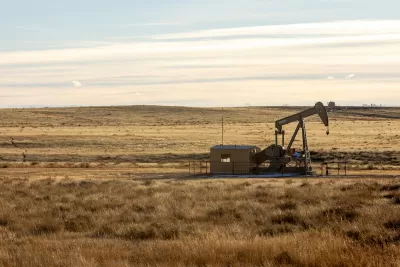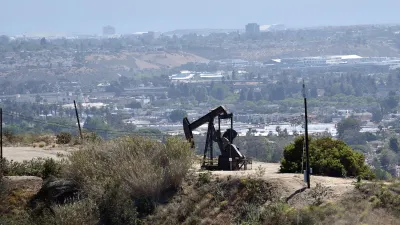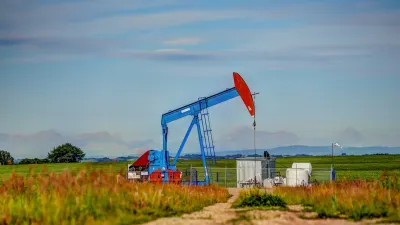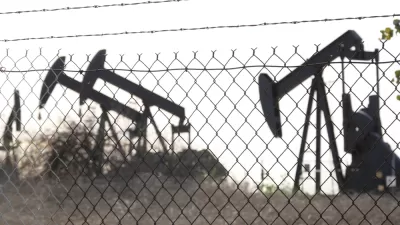A company is seeking to repurpose abandoned oil wells in Pierce, Colorado, to create a cost-effective geothermal energy system that could heat and cool local buildings, reduce emissions, and serve as a model for sustainable energy nationwide.

In Pierce, Colorado, a startup called Gradient Geothermal aims to repurpose abandoned oil wells for a geothermal energy system that could heat and cool local buildings, including homes, schools, and a meatpacking plant. By reusing wells instead of drilling new ones, the project dramatically reduces the cost of geothermal energy production, making it a viable clean energy solution for small towns. As reported by Adele Peters, Gradient’s approach taps into the wells’ existing infrastructure, where hot water produced alongside oil can be utilized to create a central heating network, potentially even warming sidewalks during snowy winters.
This innovative project aligns with Colorado's push for geothermal energy, supported by state grants to test new applications. Gradient’s feasibility study will determine the system’s cost, capacity, and environmental benefits, with promising results already seen in a similar Nevada project where reused oil wells helped power ongoing oil operations. If successful, the Pierce system could offer an alternative to natural gas and wood stoves, reduce greenhouse gas emissions, and create local jobs by leveraging the skills of former oil and gas workers. The town views the initiative as an opportunity for economic growth and sustainability.
Beyond Pierce, this model has the potential for replication across the U.S., where millions of abandoned oil wells could serve as cost-effective geothermal sources. With Chevron as a partner in this project, there is significant interest in expanding the approach to other sites, transforming old oil infrastructure into a pathway for renewable energy. By integrating geothermal solutions into local communities, projects like this could provide an innovative and sustainable future for towns historically reliant on fossil fuels.
FULL STORY: In rural Colorado, these abandoned oil wells could soon be used to heat a nearby town

Trump Administration Could Effectively End Housing Voucher Program
Federal officials are eyeing major cuts to the Section 8 program that helps millions of low-income households pay rent.

Planetizen Federal Action Tracker
A weekly monitor of how Trump’s orders and actions are impacting planners and planning in America.

Ken Jennings Launches Transit Web Series
The Jeopardy champ wants you to ride public transit.

Washington Legislature Passes Rent Increase Cap
A bill that caps rent increases at 7 percent plus inflation is headed to the governor’s desk.

From Planning to Action: How LA County Is Rethinking Climate Resilience
Chief Sustainability Officer Rita Kampalath outlines the County’s shift from planning to implementation in its climate resilience efforts, emphasizing cross-departmental coordination, updated recovery strategies, and the need for flexible funding.

New Mexico Aging Department Commits to Helping Seniors Age ‘In Place’ and ‘Autonomously’ in New Draft Plan
As New Mexico’s population of seniors continues to grow, the state’s aging department is proposing expanded initiatives to help seniors maintain their autonomy while also supporting family caregivers.
Urban Design for Planners 1: Software Tools
This six-course series explores essential urban design concepts using open source software and equips planners with the tools they need to participate fully in the urban design process.
Planning for Universal Design
Learn the tools for implementing Universal Design in planning regulations.
Heyer Gruel & Associates PA
Ada County Highway District
Institute for Housing and Urban Development Studies (IHS)
City of Grandview
Harvard GSD Executive Education
Toledo-Lucas County Plan Commissions
Salt Lake City
NYU Wagner Graduate School of Public Service





























